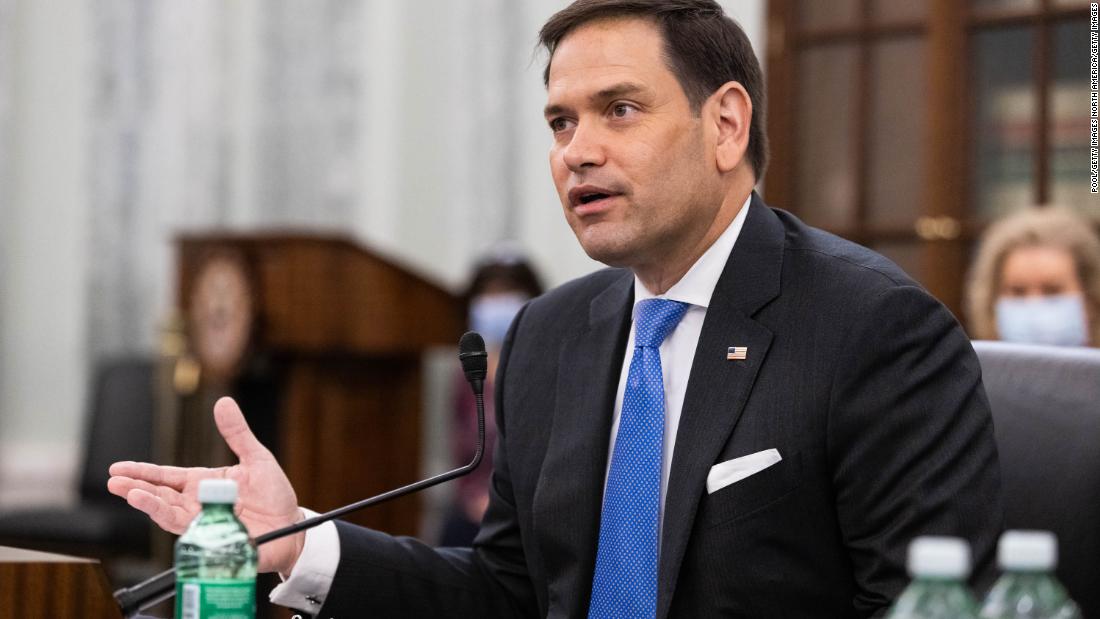Annual defense bill stalled in Senate
Republicans and Democrats are rejecting the demand by Sen. Marco Rubio, a Florida Republican, to add an amendment because they say it violates a constitutional requirement that legislation that raises revenue originate in the House.
Bipartisan senators finally appeared to reach an agreement on a package of 25 amendments late Wednesday, but Rubio is blocking moving forward until the inclusion of his amendment, which would place more import restrictions on Chinese goods manufactured by Uyghur Muslims in the Xinjiang province of China who are in forced labor camps.
The Senate passed legislation earlier this year that is almost identical to Rubio’s amendment, but the House has not taken up the bill. On Thursday, Rubio said he would not back down and allow the NDAA to move forward until his amendment was included or the House passed similar legislation about the issue.
“I won’t give UC (unanimous consent) to an amendment package that doesn’t include my amendment. That’s my view of it,” Rubio told reporters. “Now, going back to the broader issue, everyone here is in favor of this bill, and everyone here is against slave labor of Uyghur Muslims in Xinjiang, and the only impediment is some House rule because this theoretically raises revenue which it doesn’t, then they should just pass the House version of the bill and send it here.”
Republican Sen. Mike Rounds of South Dakota said Republicans are working to get the bill to the Senate floor later on Thursday or Friday but that they are still trying to negotiate a way forward on the Rubio amendment.
“I’m optimistic that we’ve got a couple of paths that we can pursue. We’re hoping that we might have something completed yet today,” Rounds told CNN on Thursday.
But if Rubio maintains his position, the critical piece of legislation will remain stalled, with only two more weeks of in-session legislative days for the Senate before the end of the year.
Democratic Sen. Mazie Hirono of Hawaii, a member of the Armed Services Committee, expressed frustration with the process since Rubio’s amendment had already been passed in a piece of Senate legislation earlier this year.
“Considering that we had already passed that,” referring to Rubio’s amendment, Hirono said she hopes Rubio lifts his objection. “But the circumstance where one person can totally hold up everything is ridiculous.”
“That was probably the most critical nomination we should have been doing in the last month,” Rounds said of the hearing being postponed.
The group of amendments Senate Republicans and Democrats came to agreement on Wednesday includes ones that would repeal the 2002 Authorization for Use of Military Force, sanctions for countries participating in the Nord Stream 2 pipeline, additional military assistance for Ukraine and sanctions against Russia.
Manu Raju and Ali Zaslav contributed to this report.
![]()


